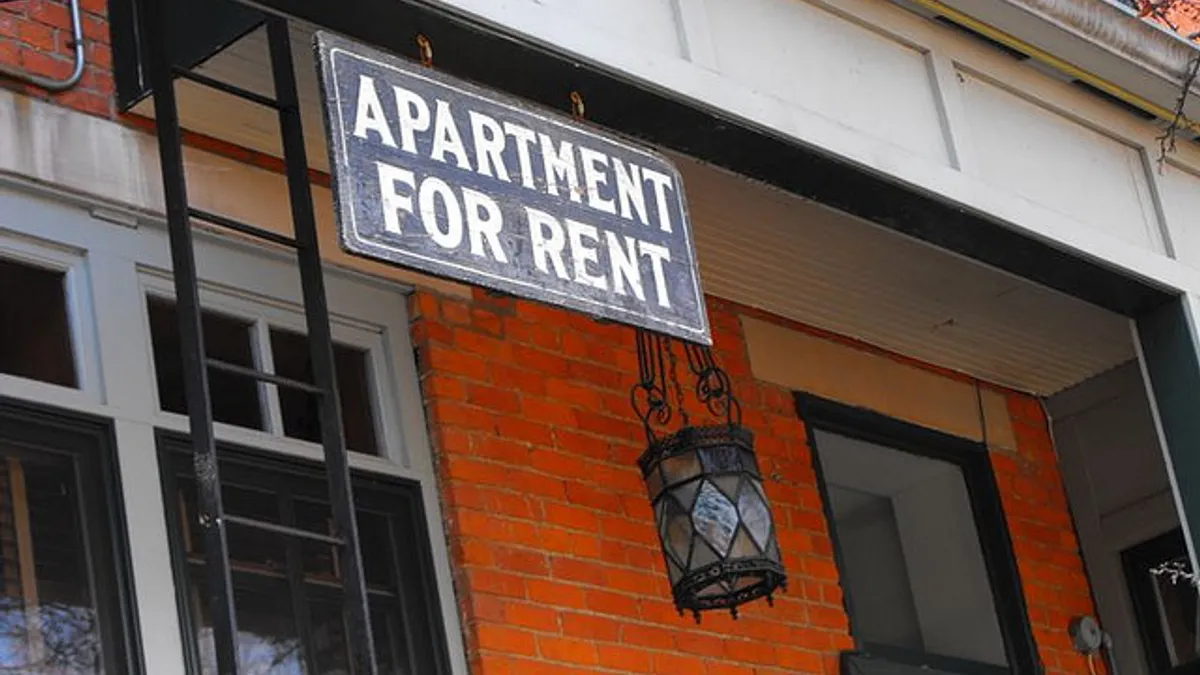Dive Brief:
-
New York City’s shortage of low- and middle-income housing could be alleviated by legalizing the conversion of basements into apartments, according to Curbed New York, citing a report by the Citizens Housing and Planning Council, which noted that between 10,000 and 38,000 basement units could be converted under the initiative without changing the city's Zoning Resolution.
-
Current state and municipal regulations make it challenging and expensive to legally rent out a basement as a living unit. The scale of the proposition could pose other challenges, as could neighborhood-specific regulations around features such as parking, requirements that ultimately could limit the pilot’s broader application.
- The report calls for a pilot program to test out ways to eliminate some of these barriers, while noting that several low-density neighborhoods have previously preemptively rejected basement conversion proposals amid fire-risk concerns.
Dive Insight:
New York City, like other major U.S. metros, is drumming up initiatives in an attempt resolve a severe shortage of affordable homes as demand has grown rapidly and prices continue to soar.
Earlier this month, New York City Mayor Bill de Blasio announced plans to add 10,000 more affordable housing units in the city for households making less than $40,000 a year. The city is also considering plans to push forward with a 2.5% tax on sales of properties over $2 million to fund a city-sponsored program that helps seniors find affordable housing.
Other plans being considered include the redevelopment of Sunnyside Yard, in Queens, which could contain up to 7,200 affordable housing units, and Hudson Yards, which is expected to provide 5,000 affordable housing units on Manhattan's West Side once finished.
For more housing news, sign up for our daily residential construction newsletter.













